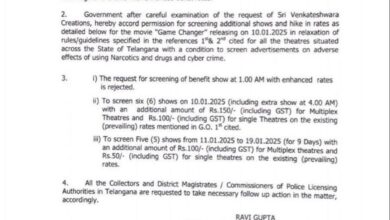
Supreme Court Directs Centre to Respond to Waqf Act Challenges
On April 17, 2025, the Supreme Court of India instructed the Central Government to submit its response within seven days to multiple petitions contesting the constitutional validity of the Waqf (Amendment) Act, 2025. The petitions, filed by Congress MP Mohammad Jawed, AIMIM leader Asaduddin Owaisi, and the Communist Party of India (CPI), argue that the Act infringes upon fundamental rights and lacks adequate public consultation.
Key Provisions Under Scrutiny
The Waqf (Amendment) Act, 2025, introduces several significant changes:
-
Removal of “waqf by user”: Eliminating recognition of properties as waqf based on long-term use.Wikipedia
-
Composition of Waqf Boards: Reforming the structure to include representation from various Muslim communities, including Shia, Sunni, Bohra, Agakhani, and other backward classes, as well as Muslim women and non-Muslims.Wikipedia
-
Centralized Registration: Implementing a central portal and database for waqf property registration.Wikipedia
-
Tribunal Reforms: Modifying the tribunal structure to include two members and allowing appeals to the High Court within ninety days.Wikipedia
Critics argue that these amendments could undermine traditional practices and affect the rights of certain communities. Wikipedia
Public and Political Reactions
The Act has sparked protests in various parts of India, including violent incidents in West Bengal’s Murshidabad and Tripura’s Unakoti. Opposition parties have labeled the Act as “draconian” and an attack on constitutional rights. Wikipedia
Next Steps
The Supreme Court’s directive emphasizes the urgency of addressing the constitutional concerns raised. The Centre’s response within the stipulated timeframe will be crucial in determining the future course of this significant legislation.









